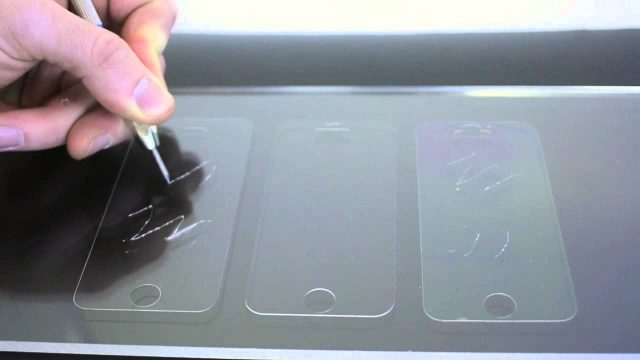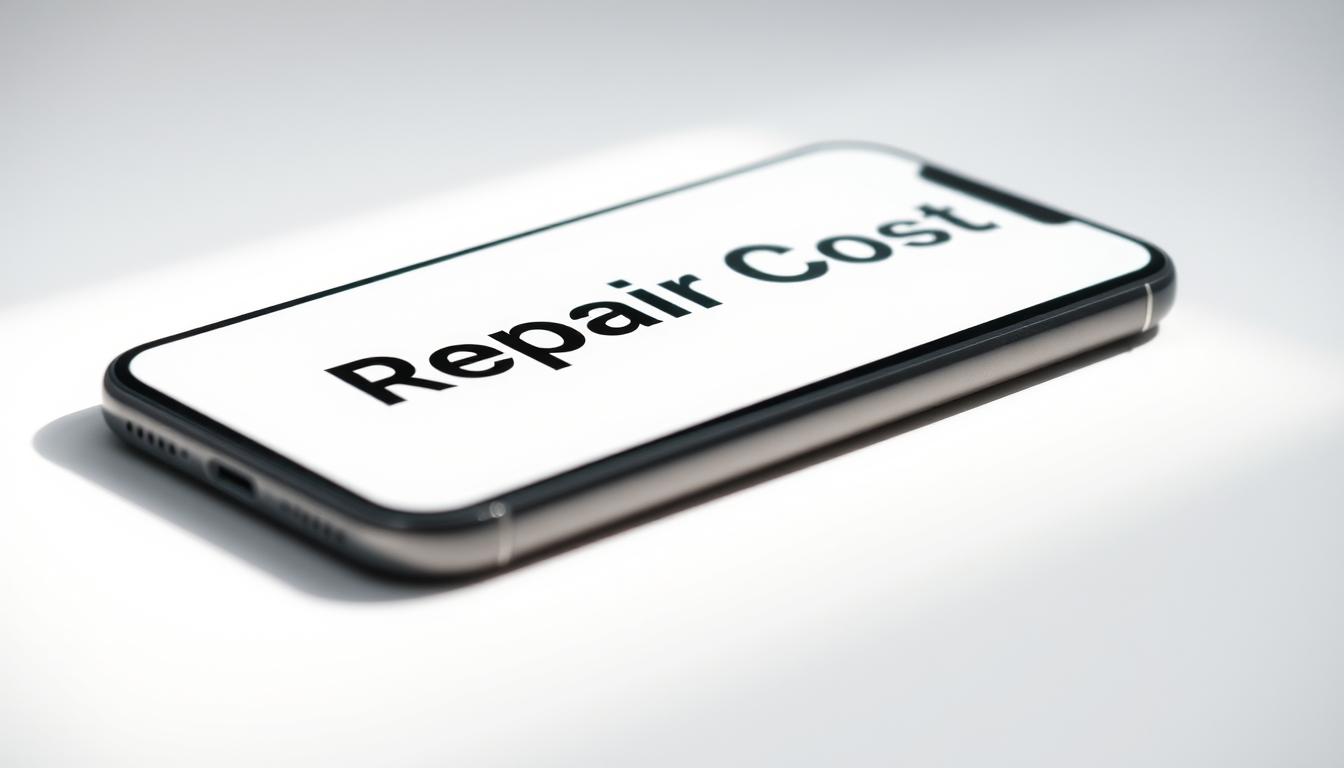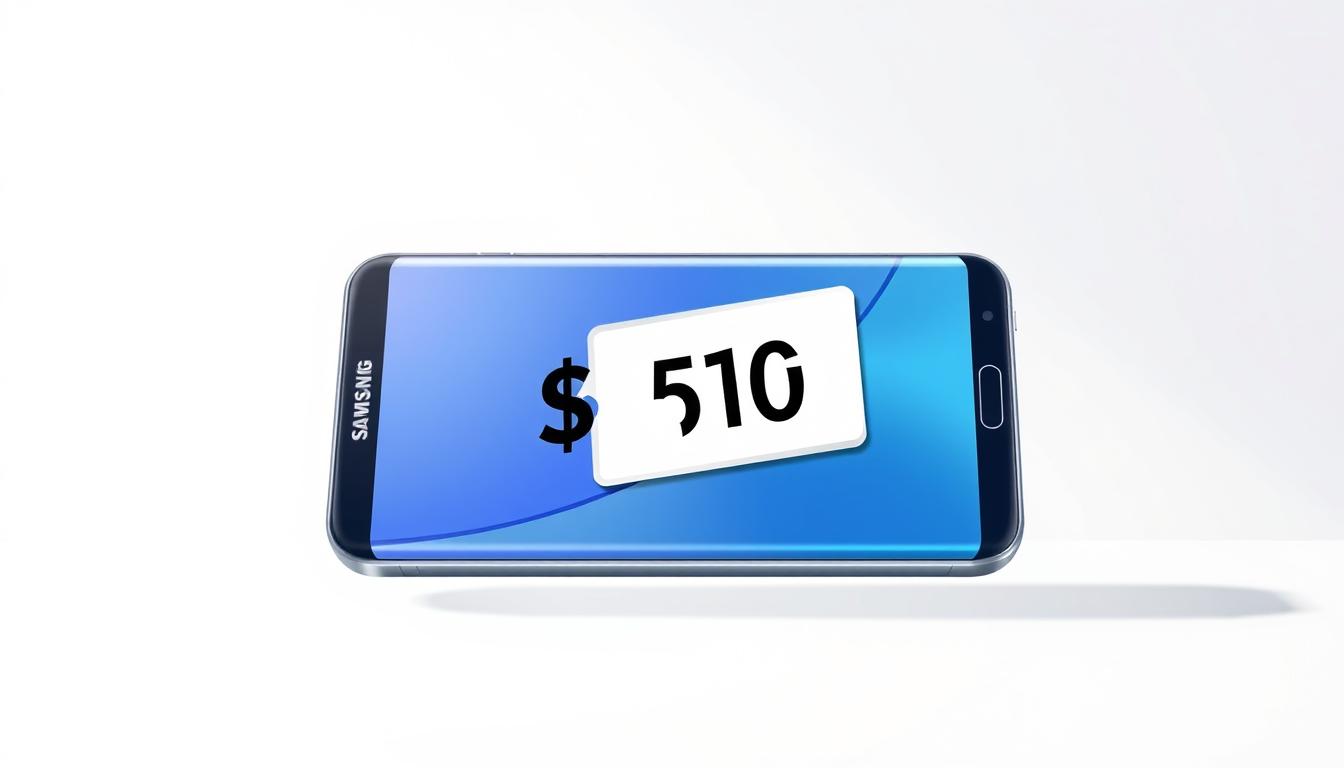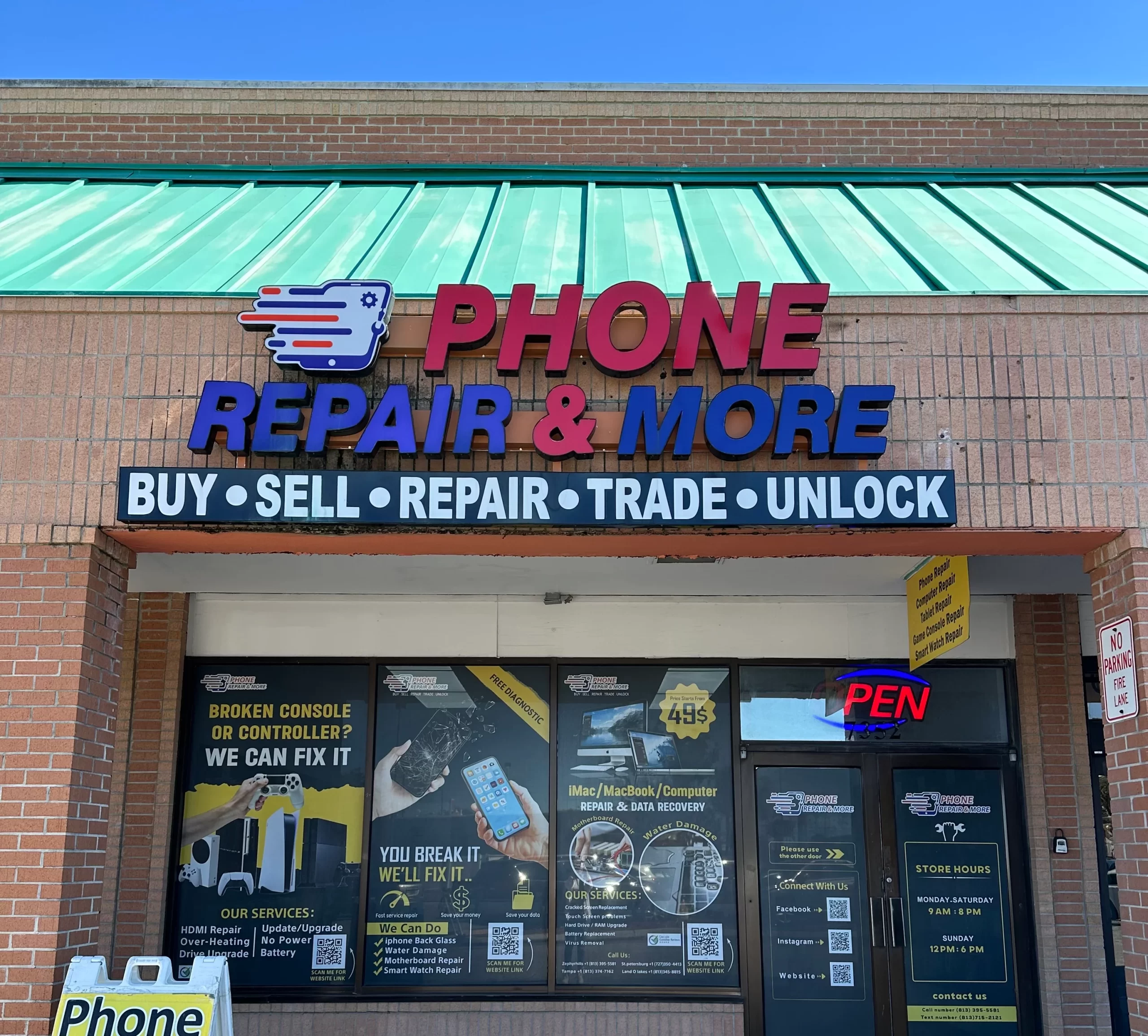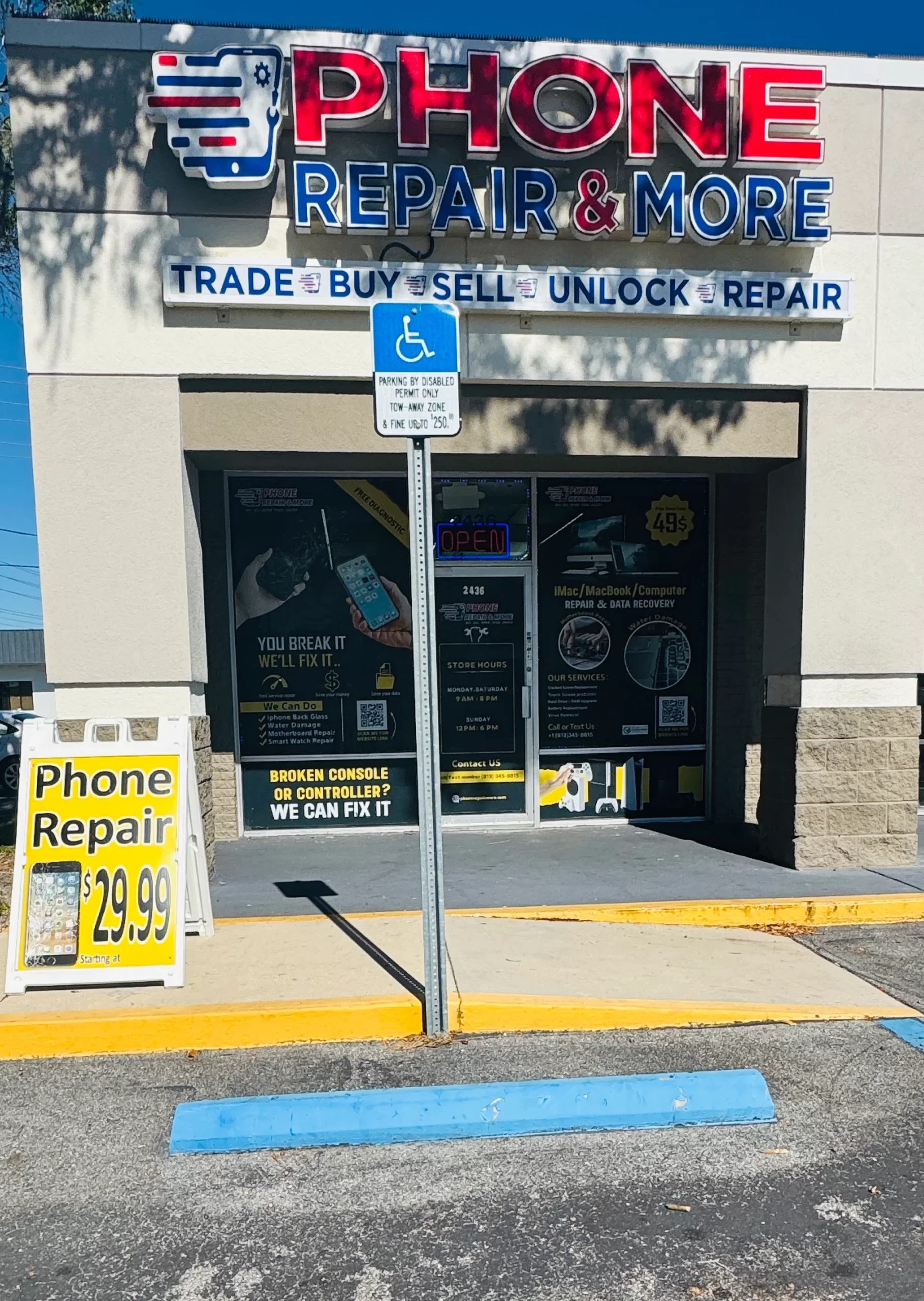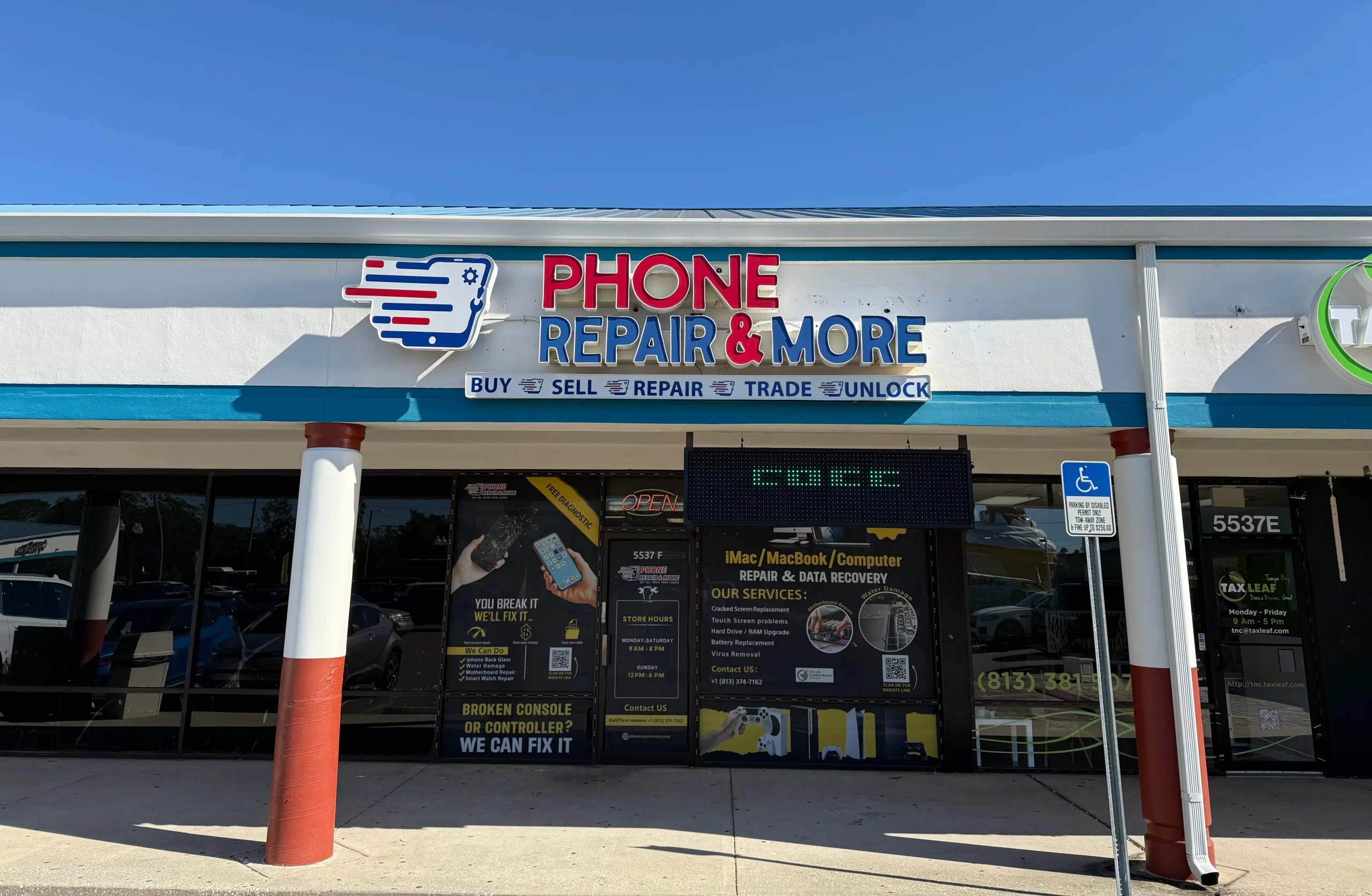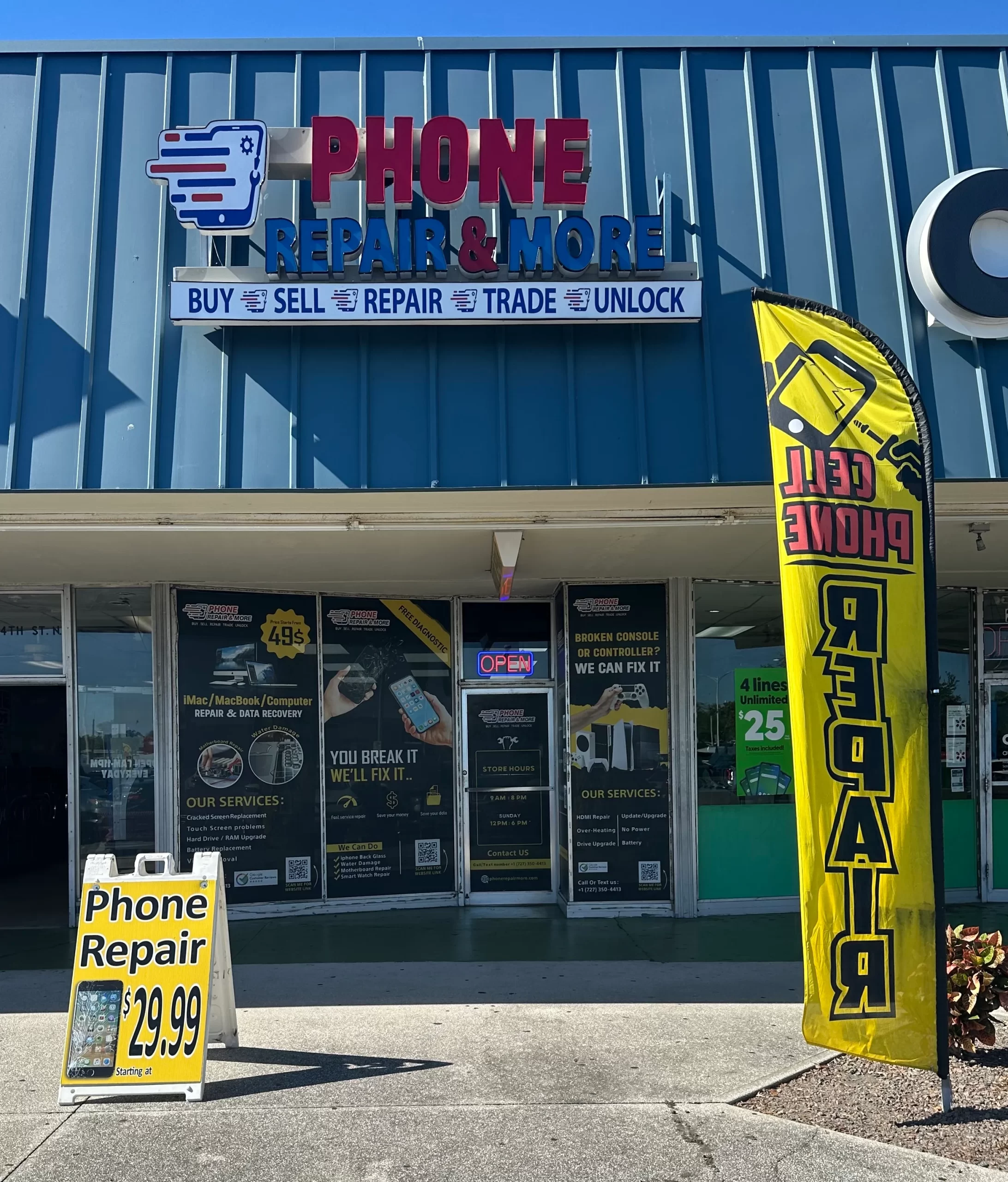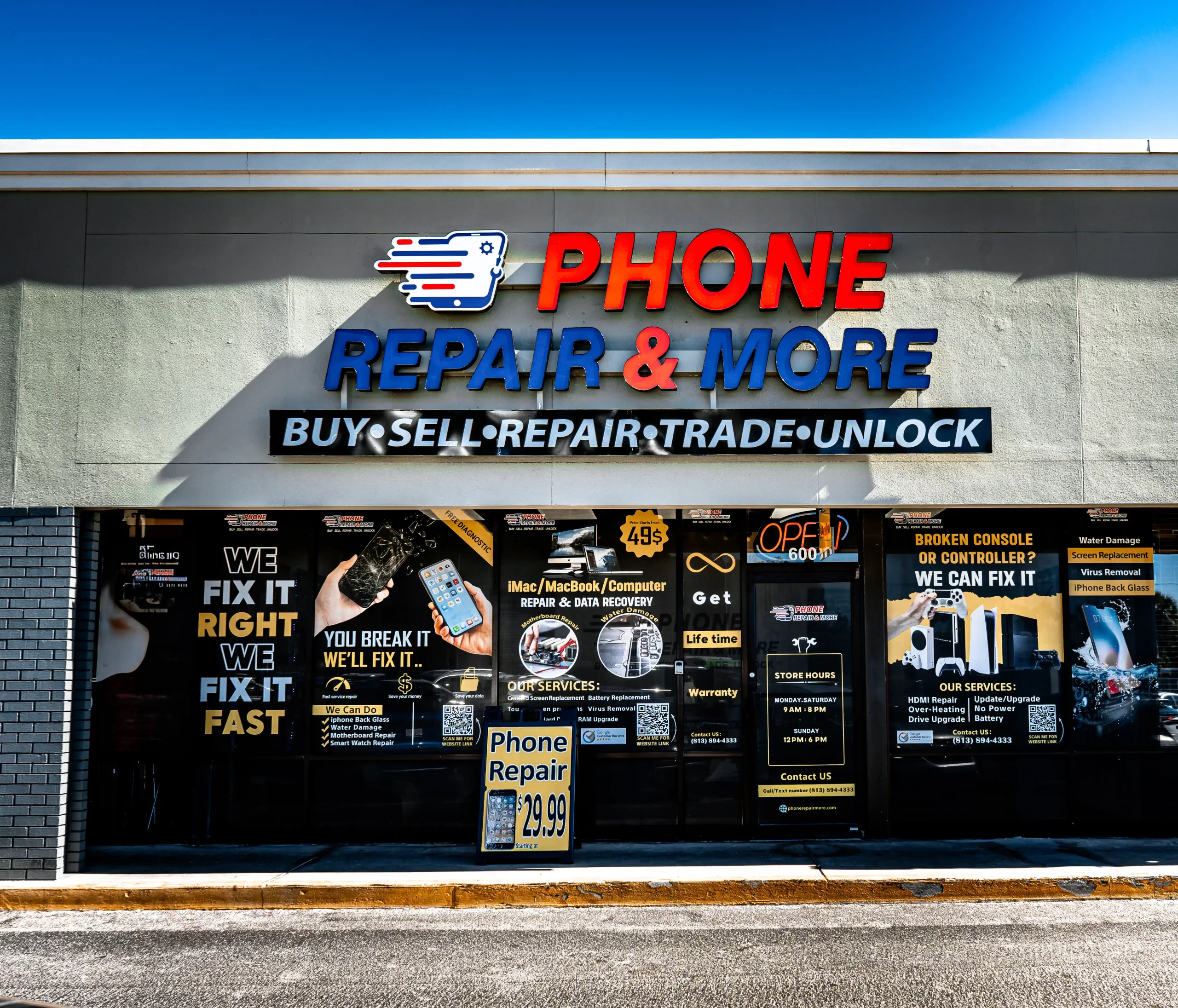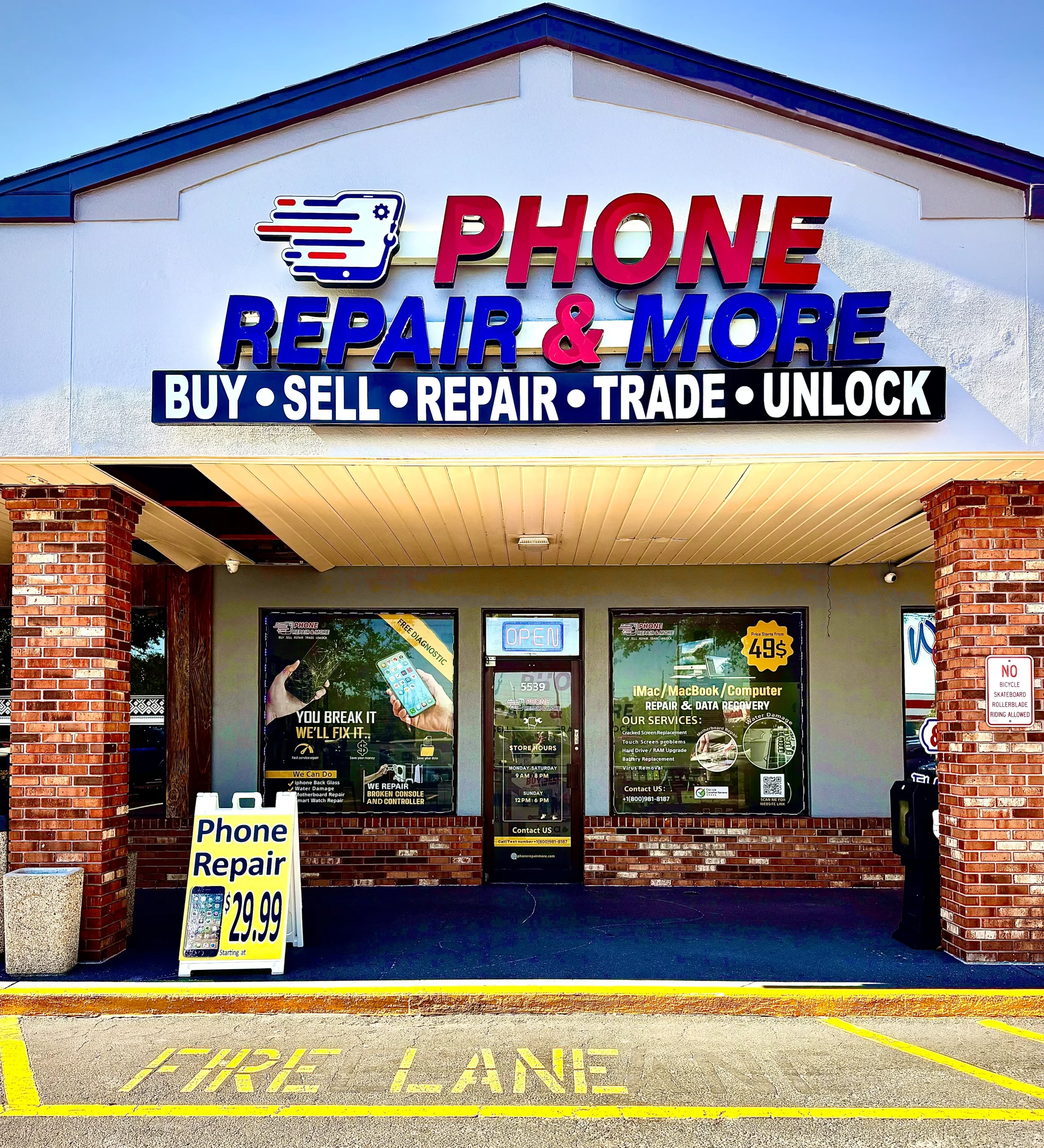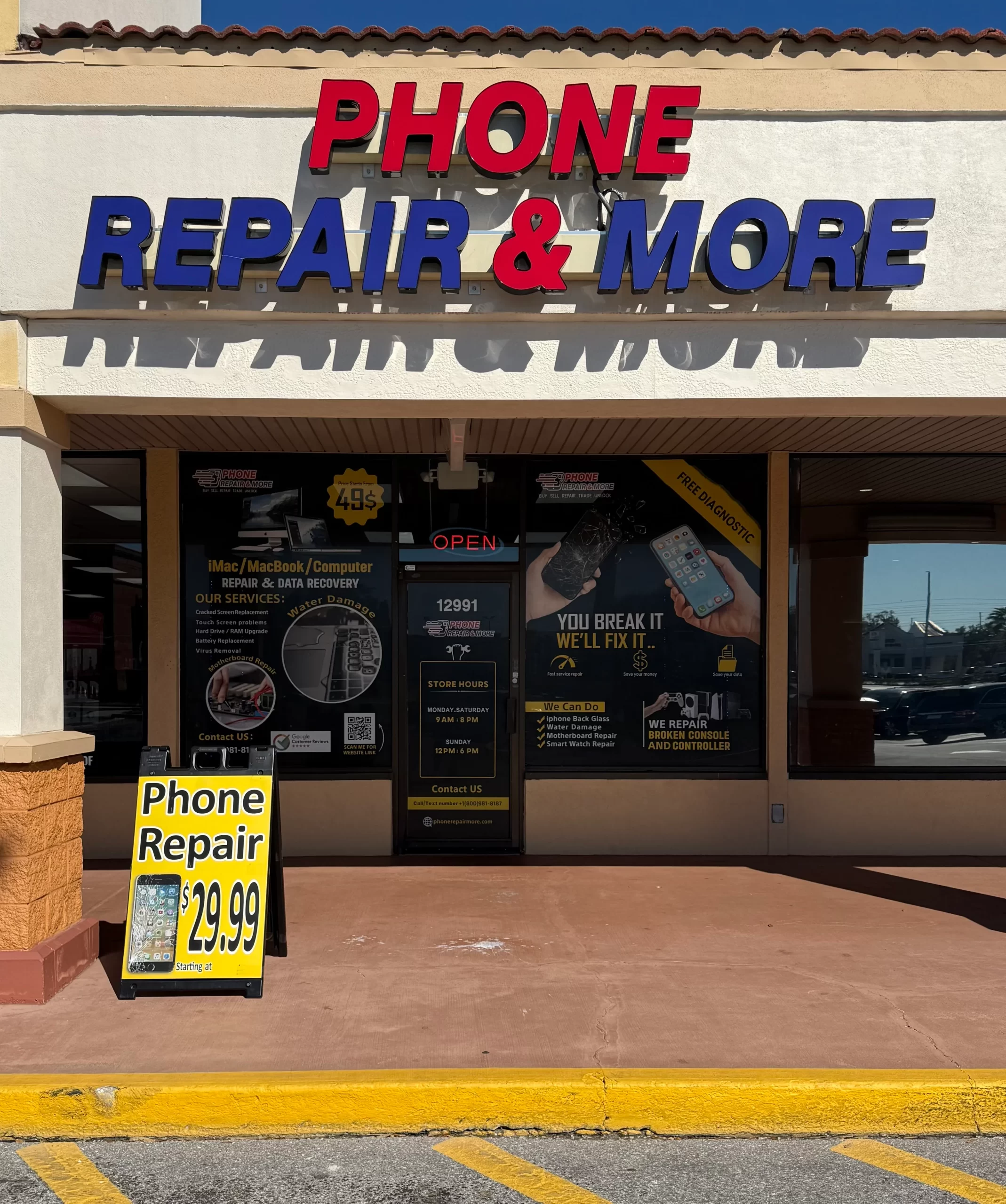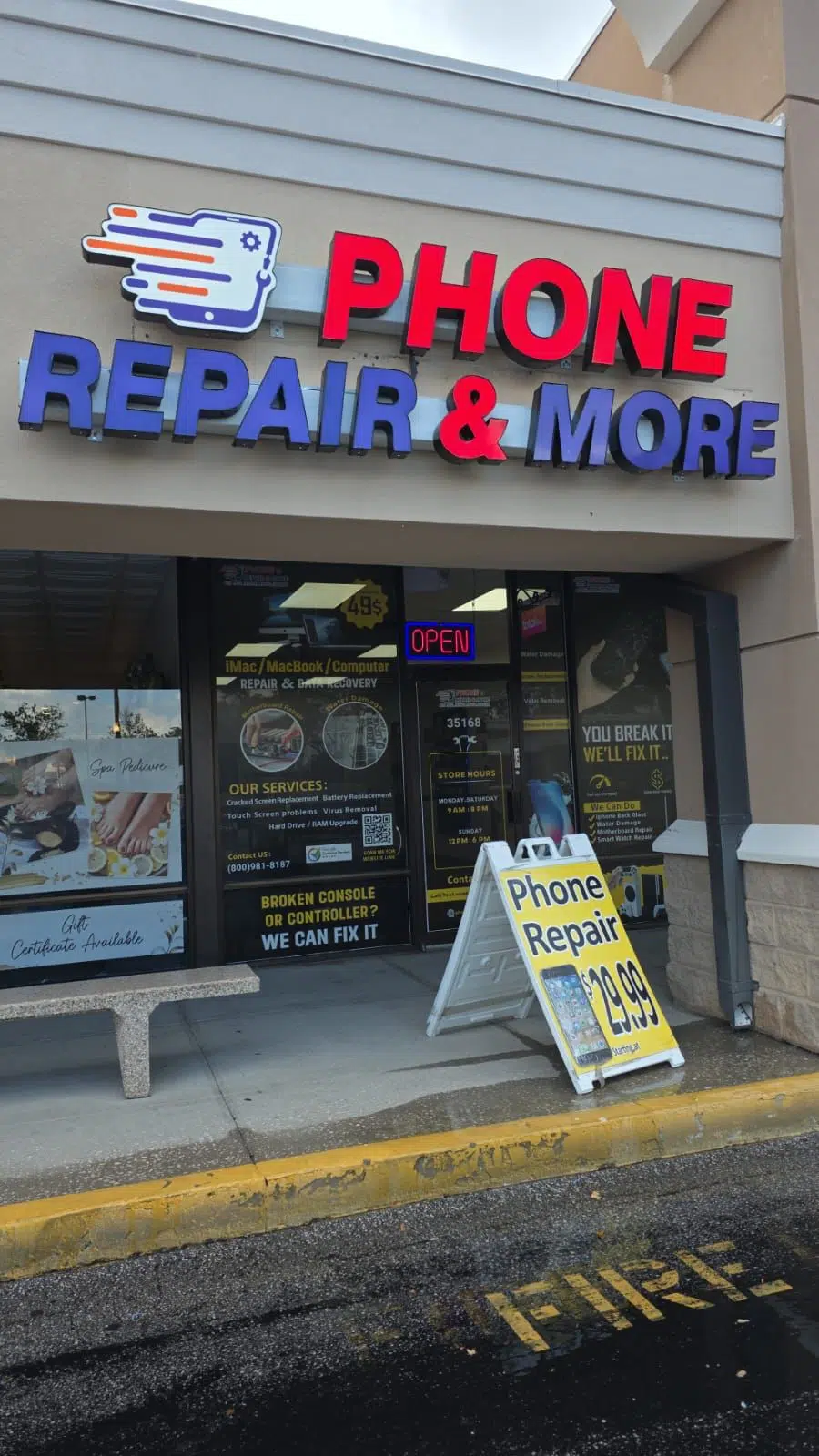In today’s world, where smartphones have become an integral part of our lives, protecting their delicate screens is of utmost importance.
When it comes to screen protectors, two popular options stand out: thermoplastic polyurethane (TPU) and tempered glass.
Both offer distinct advantages and cater to different user preferences.
In this article, we will delve into the characteristics, pros, and cons of TPU and tempered glass screen protectors, helping you make an informed decision about which one suits your needs best.
What are Thermoplastic Polyurethane (TPU) Screen Protectors?
TPU screen protectors are made from a flexible, self-healing material that adheres directly to your smartphone’s screen.
They are known for their exceptional durability and scratch-resistance properties. TPU protectors are often thinner and more lightweight compared to tempered glass, providing a sleek and seamless user experience.
Pros of TPU Screen Protectors
#1 Flexibility
TPU protectors are highly flexible, allowing for easy installation and excellent adherence to curved screens.
They can wrap around the edges of your device, providing comprehensive protection against scratches and minor impacts.
#2 Self-Healing
TPU protectors have a self-healing capability that helps to minimize the appearance of superficial scratches over time.
This feature ensures that your screen remains smooth and clear, even with regular use.
#3 Enhanced Impact Protection
TPU protectors offer a certain level of impact absorption, which can protect your screen from minor drops and bumps.
While they may not be as effective as tempered glass in high-impact situations, they still provide a decent level of protection.
#4 Smooth Touch Sensitivity
TPU protectors maintain the natural touch sensitivity of your device, ensuring a seamless user experience.
They offer excellent responsiveness, allowing you to navigate your smartphone effortlessly.
Cons of TPU Screen Protectors
#1 Reduced Clarity
TPU protectors may not provide the same level of clarity as tempered glass. They can sometimes affect the sharpness and vibrancy of the display, resulting in a slightly diminished visual experience.
#2 Limited Scratch Resistance
While TPU protectors are generally scratch-resistant, they may not be as resilient as tempered glass.
Deep scratches from sharp objects may still occur, although the self-healing properties can help minimize their visibility.
What are Tempered Glass Screen Protectors?
Tempered glass screen protectors are made by subjecting glass to a heating and cooling process, enhancing its strength and durability.
These protectors offer a high level of protection against scratches, impacts, and even some forms of screen shattering.
Pros of Tempered Glass Screen Protectors
#1 Superior Clarity
Tempered glass protectors provide exceptional clarity, ensuring that the display quality of your smartphone remains uncompromised.
They offer a crystal-clear viewing experience and do not interfere with color accuracy or sharpness.
#2 Enhanced Scratch Resistance
Tempered glass protectors are highly scratch-resistant, protecting your screen from sharp objects and everyday wear and tear.
They act as a sacrificial layer, absorbing the damage that would otherwise affect the phone’s actual screen.
#3 High Impact Protection
Tempered glass protectors excel in impact resistance. They are designed to absorb and distribute the force of impacts, reducing the likelihood of cracks or shattering.
In the event of a severe drop or impact, the protector may break, but the underlying screen remains intact.
#4 Smooth Touch Sensitivity
Similar to TPU protectors, tempered glass maintains the natural touch sensitivity of your device.
It provides a smooth and seamless touch experience, allowing precise navigation and gestures.
Cons of Tempered Glass Screen Protectors
#1 Rigidity
Tempered glass protectors are thicker and less flexible compared to TPU protectors.
This rigidity can make installation slightly more challenging, particularly on curved screens.
However, most modern tempered glass protectors are designed to accommodate curved displays.
#2 Limited Impact Absorption
While tempered glass offers excellent protection against high-impact situations, it may not be as effective in mitigating minor bumps and drops compared to TPU protectors.
However, it still provides a significant level of defense.
Choosing between a thermoplastic polyurethane (TPU) or tempered glass screen protector ultimately depends on your specific needs and preferences.
TPU protectors offer flexibility, self-healing properties, and decent impact protection. On the other hand, tempered glass protectors provide superior clarity, enhanced scratch resistance, and high-level impact protection.
Consider factors such as the desired level of protection, visual clarity, touch sensitivity, and device design to make an informed decision.
Ultimately, both TPU and tempered glass screen protectors serve the common goal of safeguarding your smartphone’s screen, ensuring that it remains pristine and unharmed throughout its lifespan.
If you’re looking for phone repair services in Land O’ Lakes, pass by our Phone Repair and More branch there!

